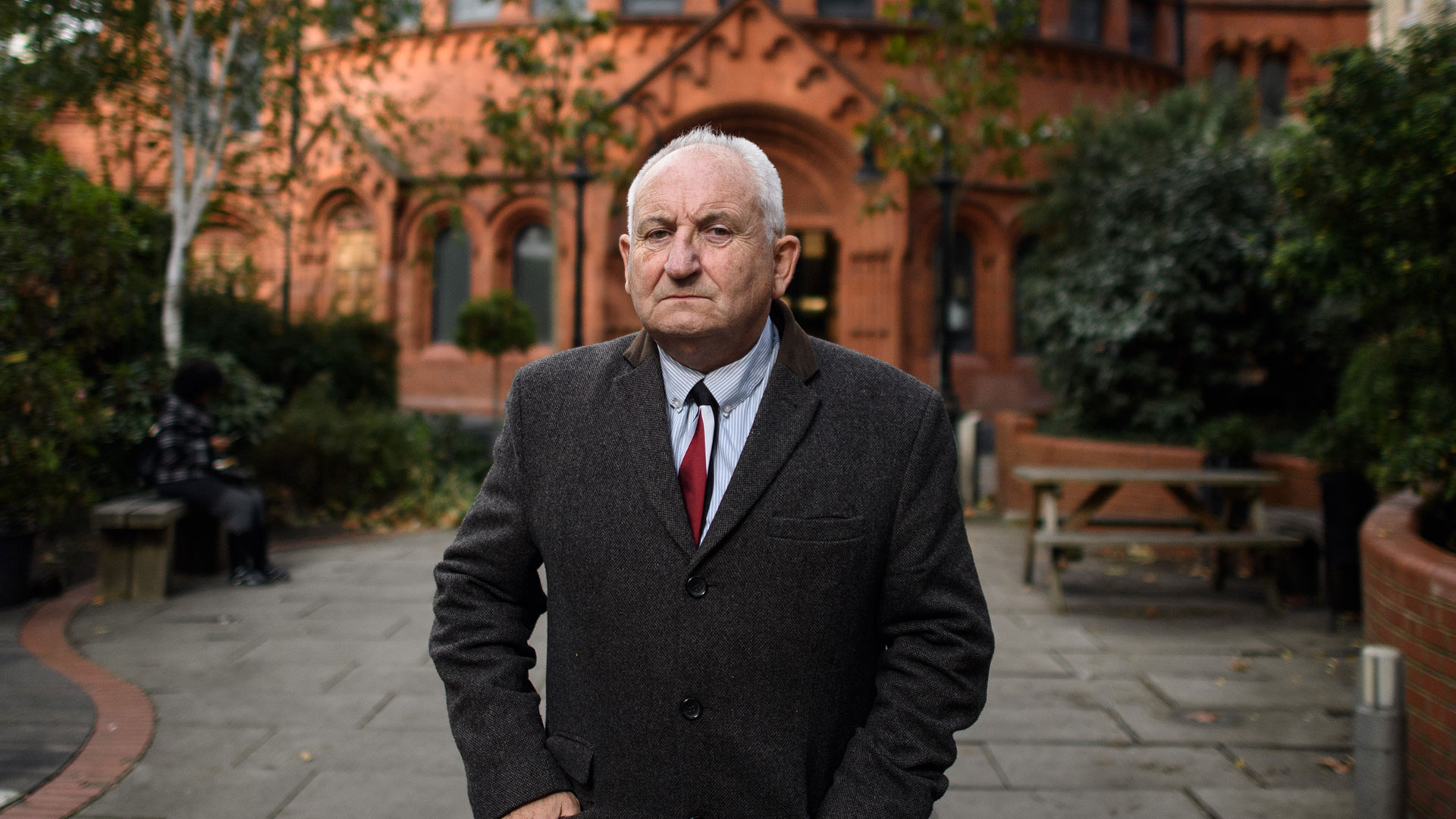As I got out of the car, a downpour of hail hit. Outside the hospital, other cars stopped and dropped off. A chainsaw destroyed the tree left in the front of the hospital, the only one that could be seen for acres around. A large pack of smokers and vapers were broken up by the hail. And a general feeling of worried crisis seemed to grip the people passing in and out of the hospital doors.
Inside, a gaudy shop sold sweets, crisps and tabloids, and a nearby cafe dispensed tea, cakes and burgers. Volunteers told me where to go. I walked the length of the hospital and through further indications of ill health: people pushed in wheelchairs by nurses and theatre staff wearing the now-traditional bright green colours associated with the emergency of health. I walked as briskly as I could, perhaps to show how vigorous I was feeling in the face of this crisis of health.
But this was all appearance. This was the surface of things. In rooms radiating out from the long corridors, and on the floors and corridors around me, repairs to health were being attempted. This was a vast city of hope and fear and I walked into it aware of my own mortality.
You could call this system the mortality industry. And this vast hospital, a factory in service to the mortality industry. A place of repair and rescue.
After my hospital visit, my wife picked me up, with me in a medicated daze. We crossed a motorway bridge near to where we live where three people were holding on to a very tall, unhappy-looking man standing on the wrong side of the bridge barrier. They had closed the road below on to which the man may well have jumped.
Certainly, we have much, much more to do about the kind of world we wish to leave beyond our own mortality
But earlier, having navigated my way to my hospital appointment room, the whole whirligig of the corridorism disappeared. A place of peace came upon me. A thoughtfulness; an attentiveness. This was followed (after sedation) by a camera pushed down my throat, and me – coming to – to learn that my early-morning acidic tum wasn’t going to carry me off.











